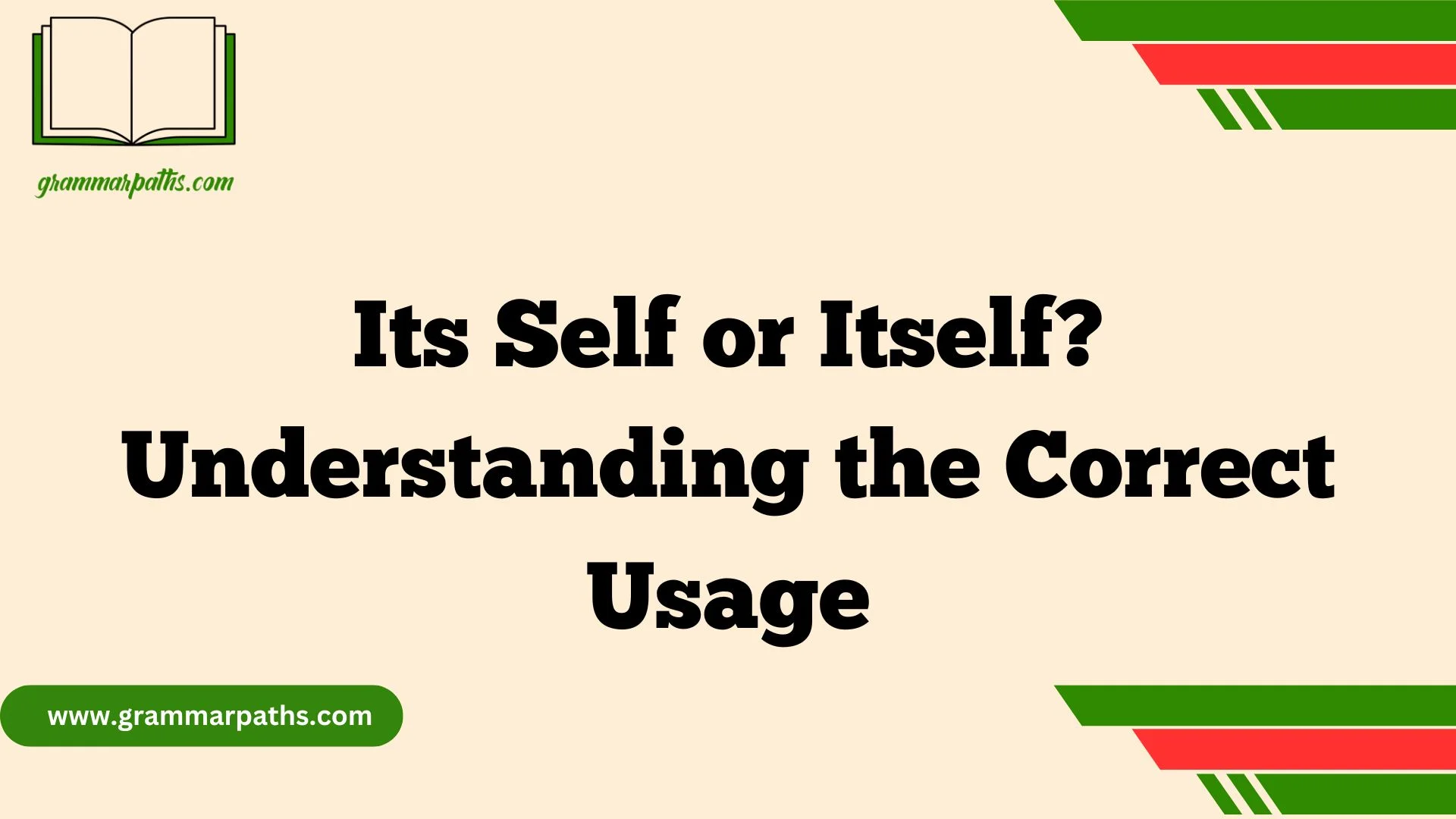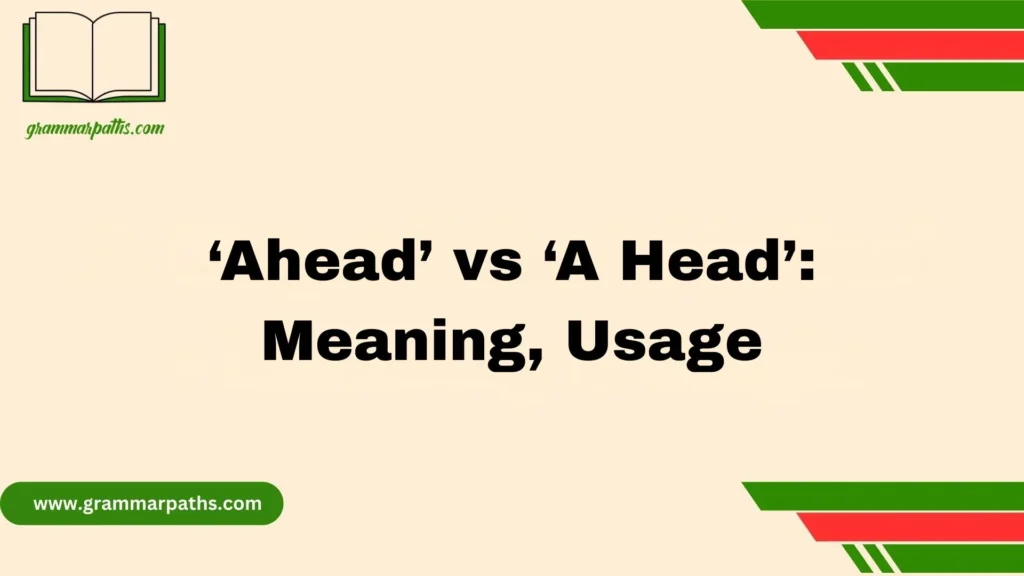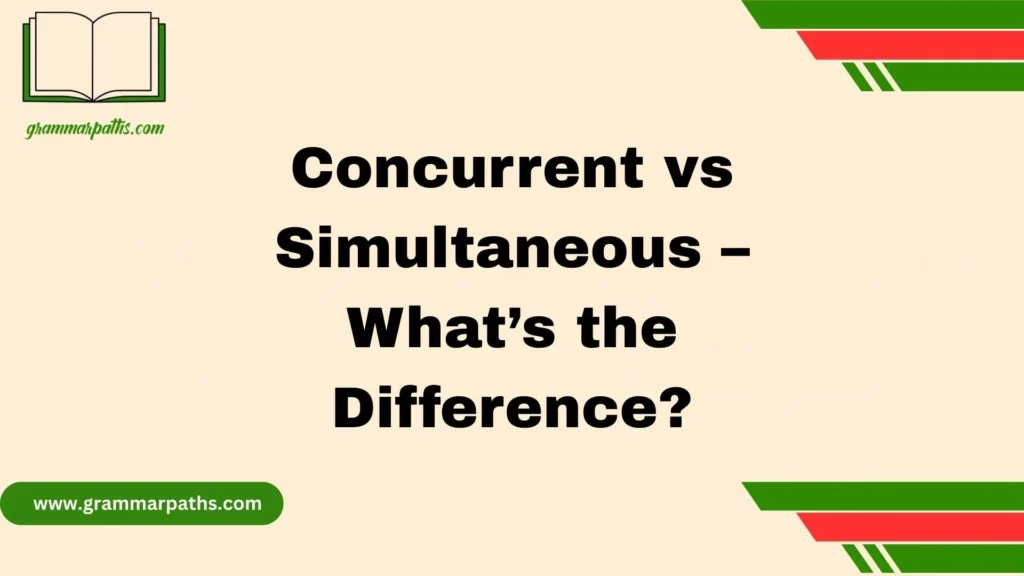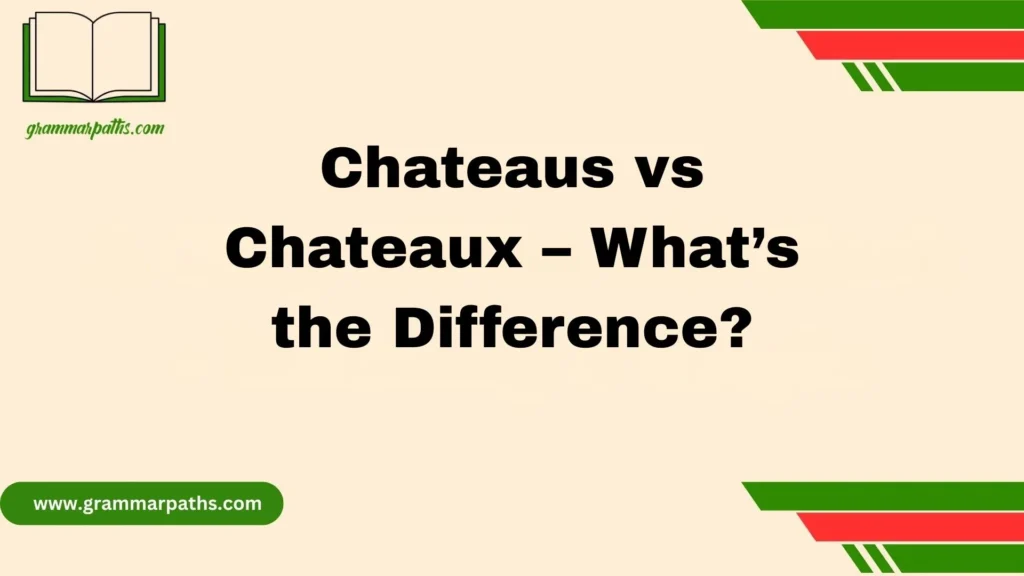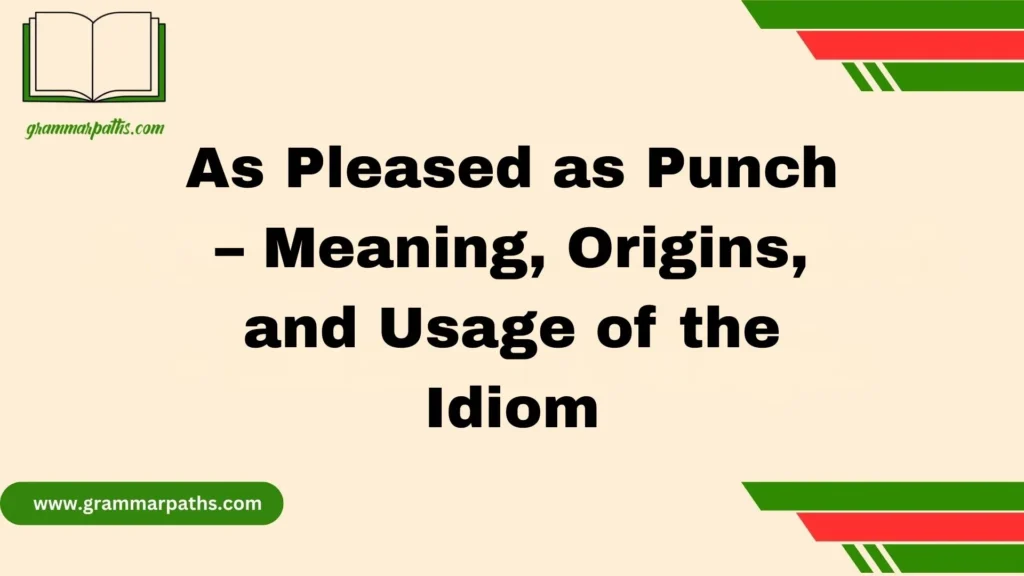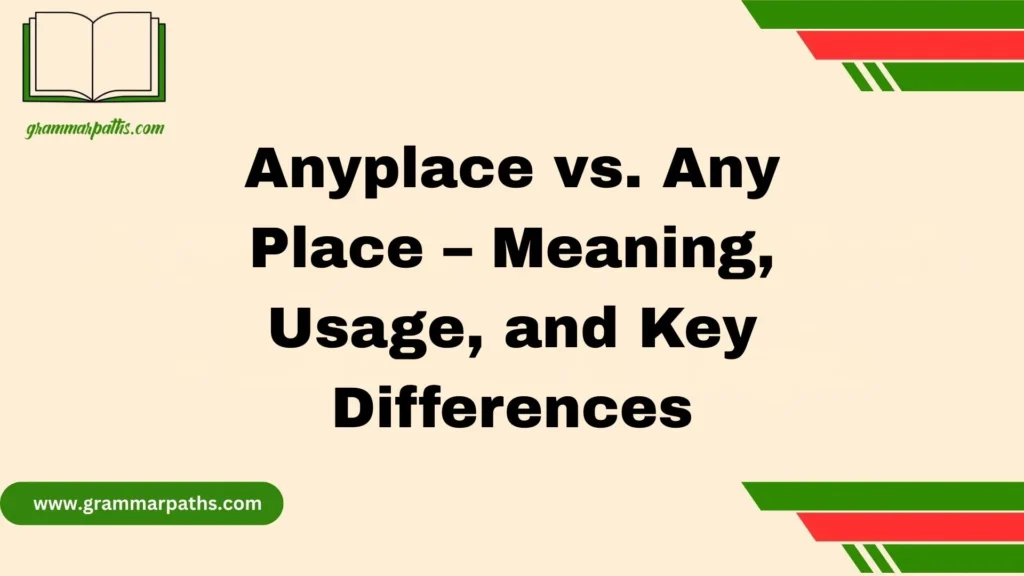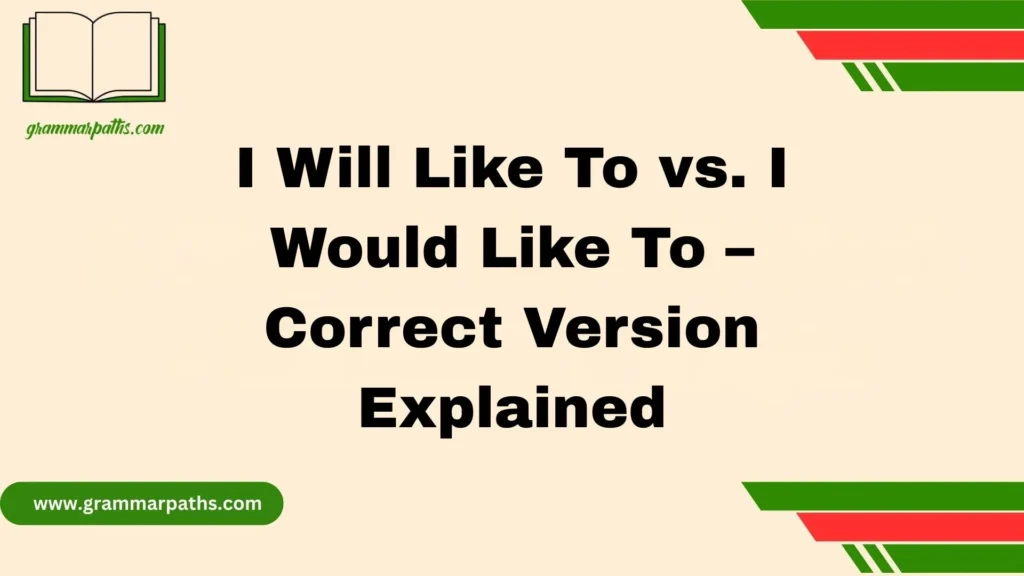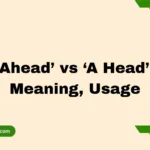Have you ever stumbled over whether to write “its self” or “itself” in a sentence? You’re not alone. Many English learners—and even native speakers—pause when deciding between these two similar-looking terms. Understanding the difference between “its self” and “itself” can dramatically improve your writing clarity and grammar confidence. While they appear nearly identical, their meanings and grammatical functions are quite different. In this article, we’ll break down the correct usage of “its self” vs. “itself”, so you’ll never second-guess yourself again.
The key to understanding this lies in grasping reflexive pronouns, possessive forms, and the context of usage. “Itself” is a reflexive pronoun used to refer back to a non-human subject, while “its self” is a rare construction often misused or misunderstood. If you’re striving to master English grammar rules, especially those involving pronouns and possessive adjectives, this guide will provide simple explanations and useful examples.
By the end of this post, you’ll be able to choose the right form confidently—whether you’re writing a professional email, an academic paper, or simply trying to communicate clearly in English. Let’s dive into the nuances of “its self” and “itself” to boost your grammar accuracy and fluency.
Quick Answer: Is It “Its Self” or “Itself”?
✅ The correct usage is almost always “itself.”
❌ The phrase “its self” is usually incorrect and should be avoided.
Here’s a quick comparison table to help you remember:
| Phrase | Correct? | Example Sentence | Explanation |
| Itself | ✅ Yes | The dog cleaned itself. | Reflexive pronoun—refers back to the subject “dog.” |
| Its self | ❌ No | The robot admired its self. | Grammatically awkward—incorrect reflexive construction. |
Although “its self” might appear in philosophical or abstract discussions, it rarely belongs in everyday language.
Understanding Reflexive Pronouns
A reflexive pronoun is a word that refers back to the subject of a sentence. It’s used when the subject and the object are the same. Reflexive pronouns in English include:
- Myself
- Yourself
- Himself
- Herself
- Itself
- Ourselves
- Yourselves
- Themselves
Let’s look at how these work in practice:
🧠 Example: The cat looked at itself in the mirror.
Here, “itself” refers back to “the cat.” The subject and object are one and the same.
💡 Key Rule: Always use “itself” when referring back to a neutral, singular noun like “robot,” “machine,” “animal,” or “organization.”
The Grammar Behind “Itself”
Let’s dig deeper into the grammar of the word “itself.”
- Part of speech: Pronoun (specifically, a reflexive pronoun)
- Function: To reflect the subject back onto itself
- Used with: Inanimate objects, animals, or abstract subjects
✔️ Correct Usage in Sentences:
- The committee decided by itself.
- The robot fixed itself after the glitch.
- Nature often corrects itself over time.
These are clear, concise, and grammatically sound. The reflexive pronoun reinforces the idea that the subject acted upon itself.
Why “Its Self” Appears—and Why It’s Usually Wrong
Despite being technically incorrect in most grammatical constructions, you might see “its self” in certain philosophical, psychological, or poetic contexts. Here’s why:
- In philosophy or psychology, “self” is used as a noun, meaning the identity or consciousness of a being.
- In these cases, “its” functions as a possessive adjective, and “self” is an independent noun.
🔍 Example: The AI began to question its self-awareness.
In this sentence, “self-awareness” is a compound noun, and “its” correctly modifies “self-awareness.” However, if you separate “its” and “self” without a clear noun phrase (like “self-image” or “self-concept”), the construction sounds awkward.
⚠️ Rare but Grammatically Justified Cases:
- The entity fragmented its self into multiple forms.
- In therapy, the robot learned to understand its self better.
Even in these examples, most editors and grammar guides would suggest rewriting for clarity.
Common Mistakes and How to Avoid Them
Let’s spotlight the most frequent errors and provide a handy checklist for avoiding them.
❌ Mistake #1: Using “its self” as a reflexive pronoun
- Incorrect: The machine cleaned its self.
- Correct: The machine cleaned itself.
❌ Mistake #2: Confusing “its” with “it’s”
- “Its” is a possessive adjective.
- “It’s” is a contraction for “it is.”
🚫 It’s self is broken. (wrong)
✅ Its self-awareness is evolving. (correct context)
✔️ Grammar Tip Checklist:
- ✅ Use “itself” for reflexive actions.
- ✅ Use “its” only to show possession.
- ❌ Don’t separate “its” and “self” unless you’re using “self” as a noun in a compound term.
- ✅ When in doubt, rephrase the sentence to avoid ambiguity.
Examples in Context
To reinforce the distinction, here are more real-world examples.
| Sentence | Correct? | Why? |
| The AI repaired itself. | ✅ Yes | Reflexive usage |
| The dog scratched its self. | ❌ No | Reflexive pronoun misused |
| The robot questioned its self-worth. | ✅ Yes | “Self-worth” is a compound noun |
| The brand needs to reinvent itself. | ✅ Yes | Standard reflexive usage |
| The drone filmed its self in action. | ❌ No | Should be “itself” |
Test Your Understanding
Try these short exercises to check your grasp.
Choose the correct word:
- The cat injured ___ while jumping.
- Answer: itself
- Answer: itself
- The startup rebuilt ___ after the crisis.
- Answer: itself
- Answer: itself
- The AI’s growing awareness of ___ is alarming.
- Answer: its self-awareness
- Answer: its self-awareness
- The mirror showed the machine an image of ___.
- Answer: itself
- Answer: itself
- Some thinkers argue the robot lacks a coherent sense of ___.
- Answer: its self
FAQs
Where to use itself in a sentence?
“Itself” is a reflexive pronoun used when the subject and object of a sentence are the same. For example: “The cat cleaned itself.” It emphasizes that the subject performed the action alone or for its own benefit.
What is the meaning of its self?
“Its self” is a rare and often incorrect phrase, usually a mistaken version of “itself.” In rare philosophical or poetic contexts, “its self” may refer to the essence or identity of something, but most of the time, “itself” is the grammatically correct choice.
Is self grammatically correct?
Yes, “self” is grammatically correct as a noun, meaning one’s own identity or being. It’s often used in compounds like “myself,” “yourself,” or in contexts like “a sense of self.” Alone, it’s more common in psychology or philosophy.
Which is correct, itself or its self?
“Itself” is the correct and standard form. “Its self” is usually a grammatical error unless deliberately used in a poetic or philosophical context to separate “self” as a concept. Always default to “itself” in normal writing.
How do you use the phrase in itself?
The phrase “in itself” means “by its nature” or “on its own.” For example: “The book isn’t exciting in itself, but the message is powerful.” It emphasizes something’s inherent qualities, separate from context or impact.
Conclusion:
In conclusion, understanding the difference between “its self” and “itself” is essential for mastering proper English grammar. While they may appear similar, they serve very different roles in a sentence. “Itself” is a reflexive pronoun, commonly used to refer back to a non-human subject, such as in “The cat cleaned itself.” On the other hand, “its self” is rarely used and usually only appears in highly specific or philosophical contexts—most often incorrectly.
When in doubt, remember that “itself” is almost always the correct choice in standard writing and conversation. Learning the correct use of reflexive pronouns, possessive forms, and contextual grammar will help you avoid confusion and write with greater clarity and confidence.
So, the next time you pause over “its self” vs. “itself,” you’ll know exactly what to do. Keep practicing your understanding of English pronouns and you’ll continue to grow as a more accurate, effective communicator.

Mia Rose is the passionate writer and founder of GrammarPaths.com, a resource dedicated to helping learners master English grammar, idioms, and writing skills with ease. With a deep love for language and years of experience in teaching and content creation, Mia simplifies complex grammar rules into clear, practical guides that readers can instantly apply.
